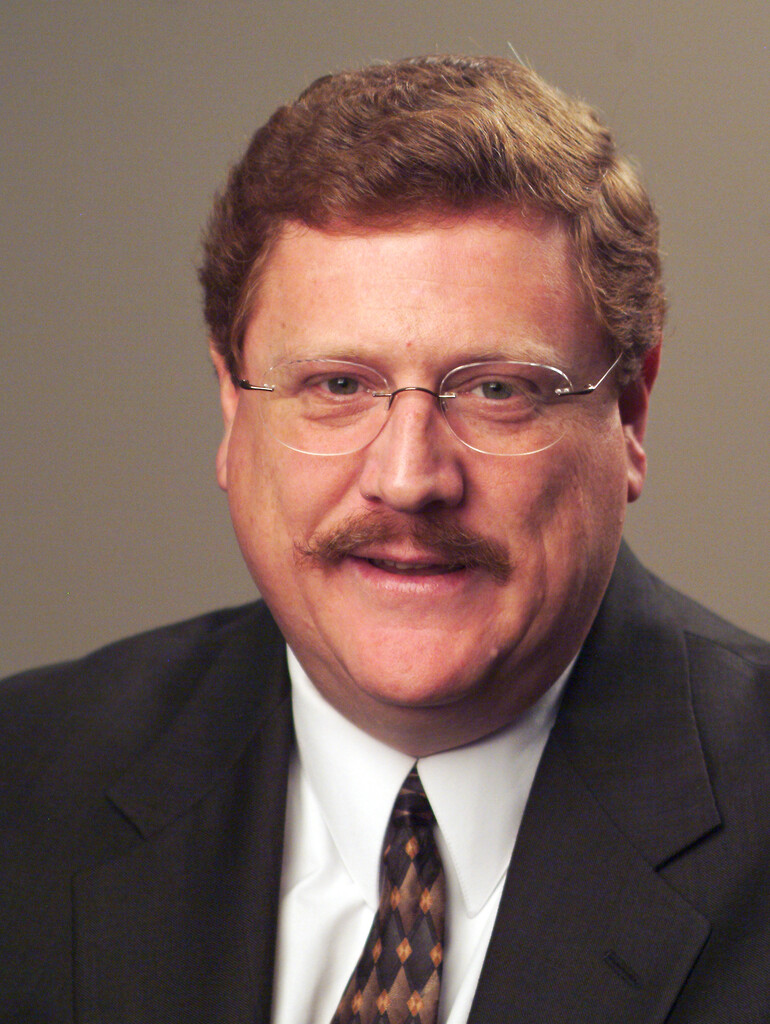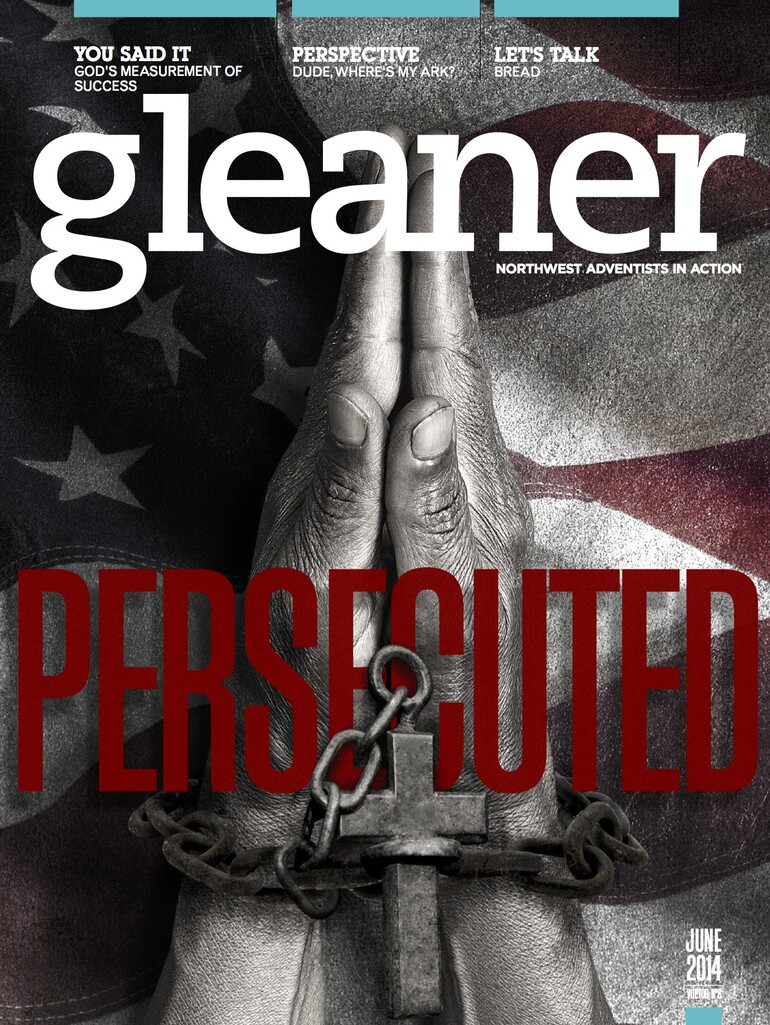I believe in freedom of religion, not freedom from religion or freedom to enforce religion on others based on my beliefs, particularly acts of worship. This means upholding both the establishment and free exercise clauses of the First Amendment to a high constitutional standard against powerful forces. Using this standard, government neutrality means that religion and religious institutions must be allowed to thrive freely but without its official endorsement.
The First Amendment, in part, states that “Congress shall make no law respecting an establishment of religion, or prohibiting the free exercise thereof … .” Today, some seek to reinterpret the no-establishment provision separating church and state in ways that would require government to financially support their institutions and enforce their dogmas so as to solve the moral ills of the nation.
Others seek to marginalize the free exercise of religion in favor of placing a higher level of protection on lifestyles destructive to universal moral principles sustaining all societies. Both are harmful to our constitutional health. I believe the nation’s founders anticipated this tension. That is why they created an internal check and balance within the very wording of the First Amendment in order to prevent the country from being overrun by either extreme in the great church-state debate (a puritanical vs. godless society). Remove this balancing safeguard and our nation’s constitutional guarantees will be lost, and with it our civil and religious freedoms.
As Sandra Day O'Connor, former associate Supreme Court justice, put it in a speech at the University of Ireland, “The religious zealot and the theocrat frighten us in part because we understand only too well their basic impulse. No less frightening is the totalitarian atheist who aspires to a society in which the exercise of religion has no place.”











